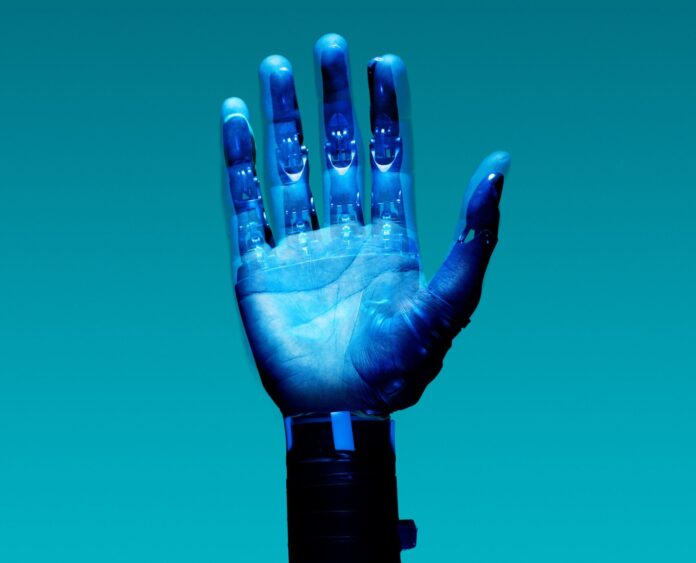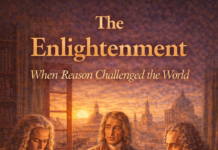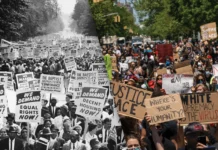Aldous Huxley was a British author and philosopher who lived from 1894 to 1963. He is best known for his novel “Brave New World,” which was published in 1932 and is still considered a classic of dystopian literature. Huxley’s work often explored the dangers of totalitarianism and the potential for technology to be used to control and manipulate society. In this article, we will take a closer look at some of Huxley’s most well-known prophecies and how they continue to resonate today.
- The Rise of Technocracy
Huxley was one of the first writers to warn about the dangers of technocracy, a system of government in which experts in science and technology have the power to make decisions for society. He believed that technocracy would lead to a loss of individual freedom and a society that is controlled by machines. Today, with the increasing use of technology in our daily lives and the rise of artificial intelligence, Huxley’s warning is more relevant than ever.
- The Manipulation of Emotions
In “Brave New World,” Huxley portrayed a society in which emotions are controlled through the use of drugs and other forms of conditioning. He believed that this type of manipulation was already happening in his own time, and warned that it would only become more widespread in the future. Today, we see the use of social media algorithms and targeted advertising as examples of how emotions can be manipulated for commercial gain.
- The Threat of Totalitarianism
Huxley was deeply concerned about the rise of totalitarianism in the 20th century, and believed that it posed a grave threat to individual freedom and democracy. He saw fascism and communism as two sides of the same coin, and warned that both ideologies could lead to the same kind of oppression and control. Today, we see the rise of authoritarianism in many parts of the world, and Huxley’s warnings about the dangers of totalitarianism are more important than ever.
- The Loss of Individualism
In “Brave New World,” Huxley portrayed a society in which individualism is suppressed in favor of conformity and uniformity. He believed that this type of society would lead to a loss of creativity, innovation, and personal fulfillment. Today, we see the pressure to conform in many aspects of our lives, from social media to corporate culture, and Huxley’s warnings about the dangers of conformity remain relevant.
- The Dehumanization of Society
Huxley believed that the increasing use of technology in society would lead to a loss of human connection and empathy. He warned that as we become more reliant on machines, we risk losing touch with our own humanity. Today, we see the impact of technology on human connection, from the rise of online communication to the decline of face-to-face interaction.
Aldous Huxley’s prophecies continue to resonate today because they speak to some of the most pressing issues facing our society. From the rise of technocracy to the threat of totalitarianism, Huxley’s warnings remind us of the importance of protecting individual freedom and human dignity in the face of powerful forces that seek to control and manipulate us. As we navigate the challenges of the 21st century, we would do well to heed Huxley’s prophetic voice and strive to create a world that values human connection, creativity, and individualism.
Photo by ThisisEngineering RAEng on Unsplash
Views: 49






